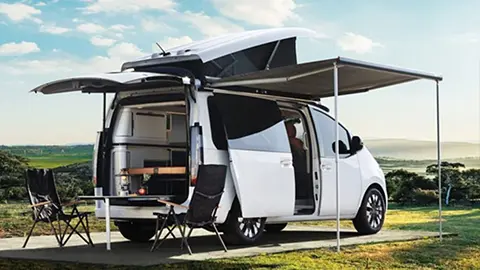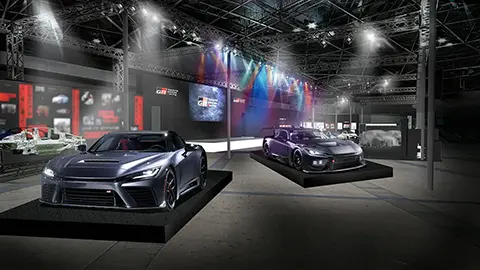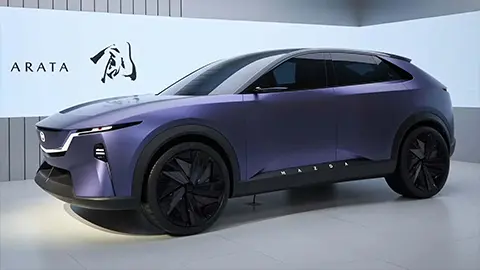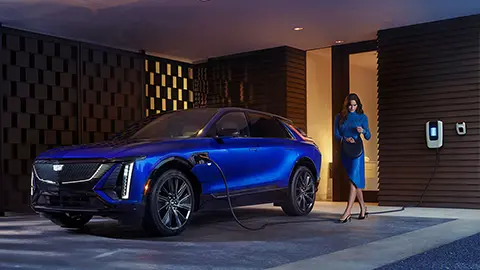In an in-depth EV survey by Big Village, BMW learned that while growth of openness to ideas about emergent technologies for various powertrains and electrification are highlights, some barriers remain. Key among these are issues of infrastructure and cost as well as EV performance and usability.
Though the average attitudes and expectations of customers continue to evolve, the results also reinforce the need to continue investing in innovative education about the EV ecosystem.
Continued innovation in EV technologies is highly important to 92 percent of respondents, with 30 percent of this group selecting a brands’ reputation for technological leadership as “very important” to the point that is a top priority in the process of adopting an EV as their next vehicle.
Dr. Andreas Meyer, Vice President, BMW Product Management Americas commented, “The Ultimate Driving Machine tagline is a brand promise that applies to every BMW – whether it is one of our highly efficient internal combustion engines or a fully electric BEV – and it goes beyond driving performance to include everything from range and charging speed to quality, fit, and finish.” Continuing, he says, “As more consumers make the switch and realize that there is no compromise to doing so, it will become even more clear that electric vehicles are the future for many customers.”
Extending beyond battery-electric vehicles, 58 percent of American consumers are open to hydrogen fuel cell vehicles. This includes 44 percent who say they are open, and 14 percent saying the idea is something they are very open to.
This amount of interest in Hydrogen fuel cell powered cars and trucks proves consumers are clearly curious and there exists a growing opportunity to invest further in infrastructure and education because availability will increase in the near future.
Survey Says? EV’s are quickly moving mainstream
In a five percent drop from the 2023 survey BMW conducted, this year 62 percent of Americans consider people who buy EVs and EV-centric technologies are considered “early adopters.”
Rather than setting their sights on maximum range, 75 miles of daily driving range is sufficient for 75 percent of new EV adopters. Most commonly, 29 percent felt that 50 miles of daily range more than aligns with their actual needs.
More people than ever – actually, 47 percent know where a charging station is.
According to the survey, hybrid and plug-in hybrid vehicles currently enjoy a strong popularity with 66 percent choosing one of these over a battery-electric vehicle yet 40 percent say cost of acquisition as the main reason they do not have one in their garage yet. Still, one out of five or 55 percent are planning to purchase an EV in the next three to five years and 47 percent of respondents are tracking where local charging stations are appearing
Serious sampling
BMW Group commissioned the online survey among 1,007 adults over the age of 18 in May of 2025. Some of the information presented here was also collected from as far back as 2020.
BMW Group is commitment to Electrified Mobility
With eight electrified models on offer for the U.S. market, there are currently four plug-in hybrid models (XM, BMW 750e, 550e, and BMW X5 xDrive50e) and four fully electric models (BMW i4, i5, iX, and i7). BMW just announced the production of their three millionth electrified vehicle globally – testament to their electric mobility leadership.
Later this year the company will begin delivering electric vehicles assembled at Plant Spartanburg in South Carolina. Their next gen Neue Klasse electric vehicles will begin with the exciting BMW iX3 arriving in the U.S. next year. Engineered to deliver faster charging, and greater energy, BMW Group will build them with an all-new sixth-generation battery technology.
BMW’s ability to deliver on the promise of extended range and dynamic driving performance, while reducing emissions through improved sustainability during the lifecycle of the vehicle, is a proud achievement for the automaker.
Building on its reputation of a most creative use of space, efficiency and legendary innovation, MINI follows (as an independent brand within the BMW Group) with an all fun, all new, all electric BEV; the 2025 MINI Countryman SE ALL4.
“MINI’s electric future is rooted in making sustainable driving more accessible and fun,” says Mike Peyton, Vice President MINI of the Americas. “As the survey shows, people want options that fit their lifestyles without compromise—and MINI is uniquely positioned to deliver EVs that combine everyday usability with iconic design and personality.”
Advancing their holistic approach to EV adoption, BMW and MINI are committed to infrastructure investments and digital innovation. One good example of this is a joint venture between seven major OEM car manufacturers to create one of the largest high-powered networks known as IONNA; a collaborative effort to enhance energy management that extends beyond your home and out to the grid, Plug & Charge capabilities at Electrify America, Shell Recharge and more coming soon.















